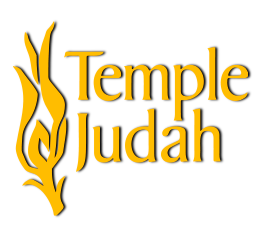Shalom All,
Each morning, when a Jew prays, he/she is expected to sing the words “Mah tovu ohalecha Yaacov mishkinotecha Yisrael. – How lovely are your tents, O Jacob, your dwellings, O Israel!”
These ancient words are part of our Torah. They are first uttered by a pagan prophet, Billaam, who had been hired to curse the Israelites in the desert. A King, Balak, who was worried that he would not be able to defeat the Jewish wanderers, hired the prophet Bilaam, and promised him wealth, fame, and status, if he would use his talents to curse our ancestors. Bilaam agrees, but when he finally stands on the edge of the valley and looks upon the tribes of Israel, he finds he is unable to fulfill this promise. He gazes upon them, with their tents pitched, and their Temple standing, and the words come out of his mouth in the form of a blessing.
The rabbis of old, find this section of text to be very interesting. They suggest that Balak, a king of a very powerful nation, would normally attack any people who trespassed through his land. Why then, with the Israelites, did he choose to use words against them instead of brute force?
Because, the sages answer, the true strength of the Israelites wasn’t physical, it was verbal. Their power, our power, was the strength of their words. Even Bilaam could see it from his lofty perch. The tents and the Temple, standing in the wilderness, were not merely shelters but places of learning. Bilaam watched as our ancestors passed on their heritage. He could see grandparents teaching parents, teaching children, and he knew, nothing he could say would change their fate. So his curse became a blessing. A blessing that we have repeated and remembered to this day.
“How lovely are your tents, O Jacob, your dwellings, O Israel! . . . [For Israel’s words] stretch out like palm-groves, like gardens beside a river, like aloes planted by God, like cedars beside the water. Their boughs drip with moisture, their roots have abundant water.”
May we continue to find strength in one one another as we study and learn and teach, together.
Shalom,
Rabbi Todd

